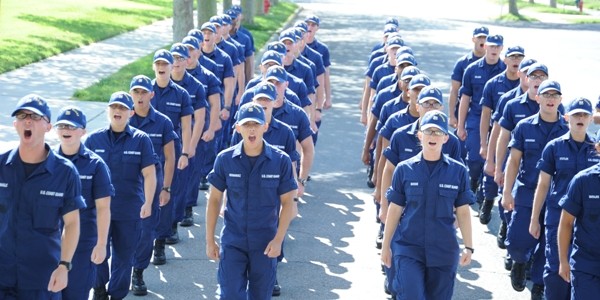Our country is in much better shape when both of its main political parties are strong. Likewise, the U.S. maritime industry is better off when the U.S. Coast Guard is strong.
Already stretched thin by a long list of responsibilities, the Coast Guard faces more challenges and expanding missions over the next decade due to climate change, new technologies such as autonomous marine systems, and global strategic competition particularly from China, according to a new study from the National Academy of Sciences.
To address current and future challenges, the Coast Guard needs to boost its ability to analyze data, acquire the technology to do this, and develop and maintain a workforce that is trained to meet these challenges, the study said.
But there are many more challenges facing the Coast Guard such as recruitment and retention, and the controversy over the agency’s cover-up of allegations of sexual assault at its academy.
As some former Coasties have pointed out to us, the Coast Guard has been a struggling program for a long time and it has recently only gotten worse.
In the late 1990s, Coast Guard Adm. James Card promoted an excellent program called “Prevention Through People.” Under this program, the Coast Guard stressed the importance of honoring the mariner, and seeking and respecting the opinion of those who work on the water and on land.
Unfortunately, over the years, this concept has been lost on many of our Coast Guard inspectors.
Many feel that the gains the Coast Guard made in their marine safety program, with Card’s Prevention Through People program and the Marine Safety Performance Plan, have been undone by the Coast Guard’s field reorganization to the current sector model. As one retired Coastie put it, that only served to further dilute any expertise the Coast Guard had with marine inspection and marine safety program administration.
Hopefully it is not too late for the Coast Guard to right the ship. I am confident that the Coast Guard will become strong again. A stronger Coast Guard will also help make the U.S. maritime industry stronger too.




